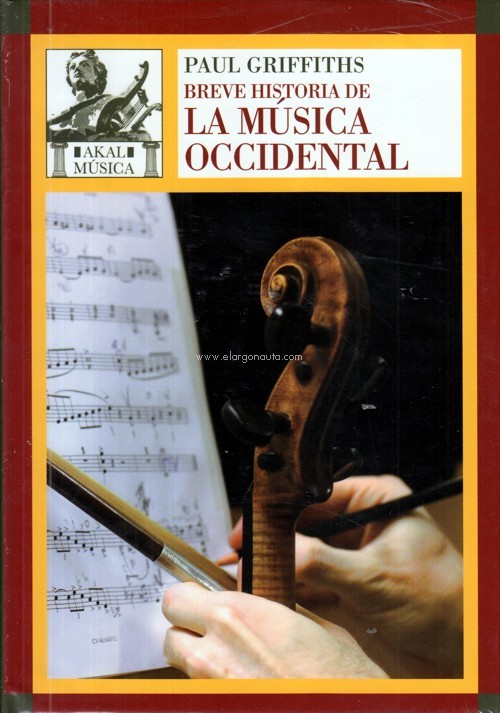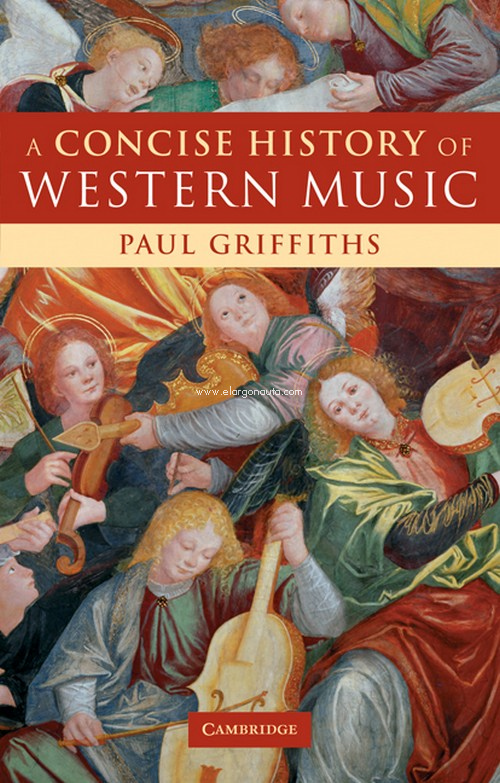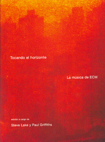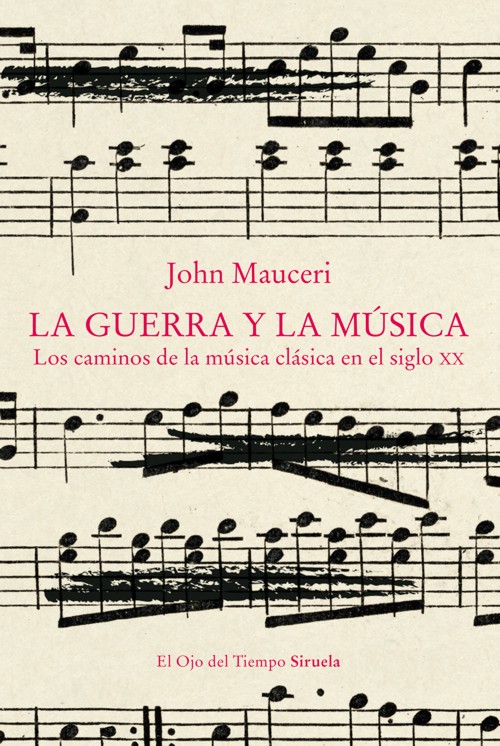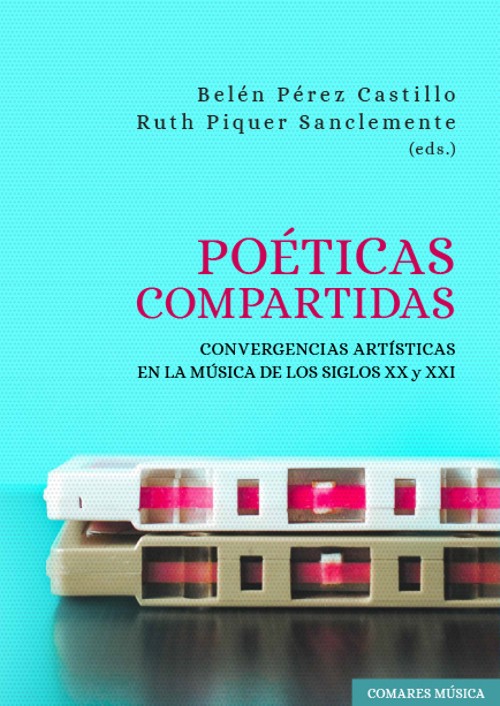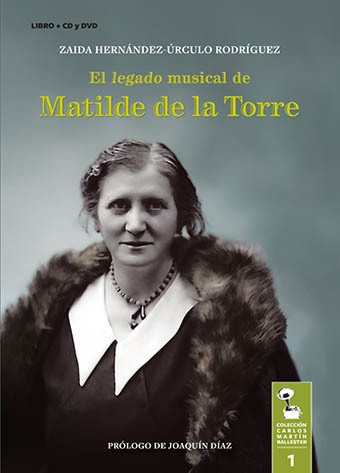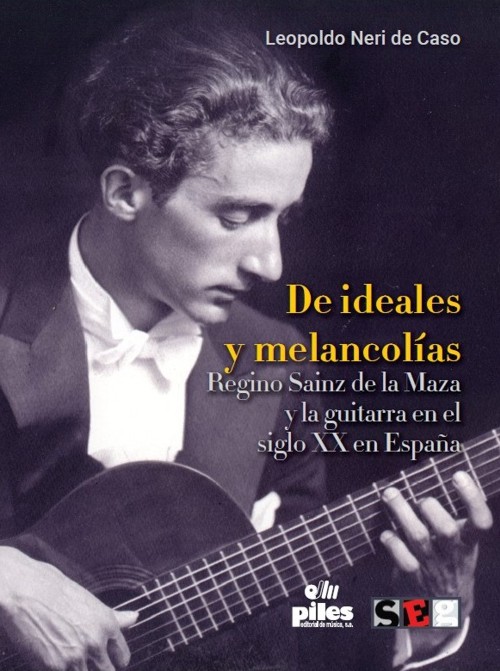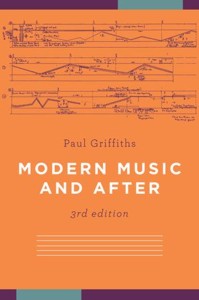
Modern Music and After
Griffiths, Paul
Oxford University Press. 2011Ficha técnica
- EAN: 9780199740505
- ISBN: 978-0-19-974050-5
- Editorial: Oxford University Press
- Fecha de edición: 2011
- Encuadernación: Rústica
- Dimensiones: 15,5x23,5
- Idioma: Inglés
- Nº páginas: 460
Impresión bajo demanda
Disponibilidad sujeta a la información del editorPVP. 67,90€
Añadir a la Lista de deseos
Third Edition.
Over three decades, Paul Griffiths's survey has remained the definitive study of music since the Second World War; this fully revised and updated edition re-establishes Modern Music and After as the preeminent introduction to the music of our time. The disruptions of the war, and the struggles of the ensuing peace, were reflected in the music of the time: in Pierre Boulez's radical reformation of compositional technique and in John Cage's development of zen music; in Milton Babbitt's settling of the serial system and in Dmitry Shostakovich's unsettling symphonies; in Karl Stockhausen's development of electronic music and in Luigi Nono's pursuit of the universally human, in Iannis Xenakis's view of music as sounding mathematics and in Luciano Berio's consideration of it as language. The initiatives of these composers and their contemporaries opened prospects that haven't yet stopped unfolding.
This constant expansion of musical thinking since 1945 has left us with no singular history of music; Griffiths's study accordingly follows several different paths, showing how and why they converge and diverge. This new edition of Modern Music and After discusses not only the music of the fifteen years that have passed since the previous edition, but also the recent explosion of scholarly interest in the latter half of the Twentieth Century. In particular, the third section of the book, 1980-1990, is expanded to incorporate the variety of responses to the modernist impasse experienced by composers of the time. In addition, a new fourth part, "After Postmodernism: the 1990s and 2000s," examines highly influential composers like Philip Glass and Pierre Boulez as well as such topics as "Modernist Continuation" and "Music and the Internet."
For its breadth, wealth of detail, and characteristic wit and clarity, the third edition of Modern Music and After is required reading for the student and the enquiring listener.
CONTENIDO:
Prelude
1.: Rational and irrational: Western Europe, 1945-50
- Paris, 1945-8
- The young Boulez
- Boulez's Second Piano Sonata
- Other stories - Musique concrète
- Variations: Nono
2.: Silencing music: Cage, 1946-52
- Rhythmic structuring
- Towards silence
- Around Cage
3.: Total organization: western Europe, 1949-54
- The moment of total serialism 1: Darmstadt 1949 and Darmstadt 1951
- Interlude: the patrons of modernism
- The moment of total serialism 2: Paris 1952
- The human voice 1: Nono
- Electronic music
- The human voice 2: Barraqué
4.: Classic modernism and other kinds: the United States, 1945-55
- Schoenberg
- Carter
- Babbitt
- Home-made music
- Wolpe
- After silence
5.: The Cold War
6.: Extension and development: western Europe, 1953-6
- From points to groups
- Systems of organization
- Le Marteau sans maître
- Sound and word
- ...how time passes...
- Statistics
7.: Mobile form: 1956-61
- Cage
- Stockhausen and Boulez
- Boulez and Berio
- Barraqué
- Exit from the labyrinth
8.: Elder responses
- Stravinsky
- Messiaen
- Varèse
- Symphonists and others
9.: Reappraisal and disintegration: 1959-64
- Questioning voices: Ligeti, Bussotti, Kagel
- Stumbling steps: Kurtág
- Listening ears: Cage, Young, Babbitt
- Exploiting the moment: Stockhausen
- The last concert: Nono
10.: Of elsewhen and elsewhere
- The distant past
- (The imaginary past)
- The distant or not so distant east
- Quotation
- Meta-music
11.: Music theatre
- Opera and 'Opera'
- Music theatre
- Instrumental theatre
12.: Politics
- Cardew
- Rzewski
- The composer in the factory
13.: Virtuosity and improvisation
- The virtuoso
- Virtuosity in question
- The electric musician
- Improvisation
14.: Orchestras or Computers
- Ochestras
- Computer Music
15.: Minimalism and melody
- New York minimalism
- Minimalism in Europe
- Melody
16.: Ending
17.: Holy Minimalisms
- Pärt
- Tavener and Górecki
- (Messiaen)
- Ustvolskaya
18.: New Romanticisms
- Rihm
- Schnittke, and the hectic present
- Gubaidulina, and the visionary future
- Silvestrov, and the reverberating past
- Symphony?
- Feldman and loss
- Lachenmann and regain
19.: New Simplicities
- Cage, or innocence
- Denyer, or outsiderness
- Kurtág, or immediacy
- Holliger, or extremity - Sciarrino, or intimacy
20.: New Complexities
- Ferneyhough
- Finnissy
- Charged solos
21.: Old Complexities
- Carter and the poets
- Xenakis and the Arditti Quartet
- Nono and listening
- Stockhausen and Licht
- Birtwistle and ritual
- Berio and memory
- IRCAM and Boulez
22.: Spectralisms
- Radulescu and Tenney
- Grisey
- Vivier
23.: (Unholy?) Minimalisms
- Reich
- Andriessen
24.: Eclecticisms
- Kagel et al.
- Donatoni
- Bolcom and Adams
- Ligeti
25.: . Towards mode/meme
- Rootless routes: Ligeti
- Memory's memorials: Berio and Kurtág
- Remade modes: Adams, Adès, Benjamin
- Pesson's past and Pauset's
- Traditions' tracks: around Zorn
26.: Towards the strange self
- Act I: Schneewittchen
- Entr'acte: Kurtág's Beckett
- Act II: Luci mie traditrici
- Entr'acte: Birtwistle's Celan
- Act III: Three Sisters
- Entr'acte: Kyburz's no-one
- Act IV: Das Mädchen mit den Schwefelhölzern
27.: Towards transcendence
- Gubaidulina and Christ
- Haas and darkness
- Harvey and the Buddha
- Grisey and rebirth
28.: Towards change?
Resources
Index


